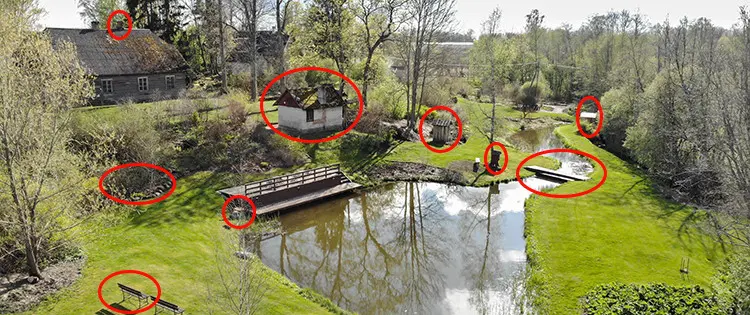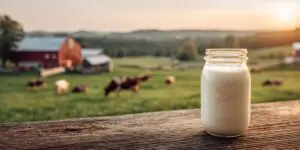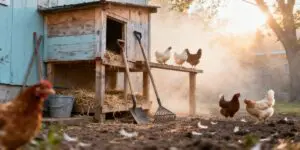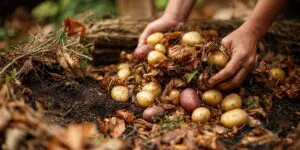Living on a homestead can be awesome. The self-sufficiency you can develop can make you feel unmatched from the rest of the world.
However, there are still some laws that apply to your homestead most likely. If you do some of these projects without permission even if it’s on your homestead, you might get a large fine, or even get arrested, depending on where you live. So here are 6 backyard projects that might get you arrested.
Keeping Livestock
Keeping your livestock is imperative to homesteading success. It provides the bulk of the calories your household needs and gives you healthier food than you could find in the grocery store. From chickens to cattle, livestock is a must for a homestead!
Legality
Unfortunately, some districts have limits of livestock or disallow them altogether. Many cities don’t allow roosters, making a self-sufficient flock in the backyard impossible for breeding purposes. Usually, butchering chickens in your backyard is not allowed. That means you have to ship them out to a butcher. You have to pay more money for something you already know how to do!
Coops and other structures may violate building codes in your county and may require a permit. Animal control is typically involved if you try and keep large livestock on small lots.
If your livestock leaves the backyard and ends up damaging somebody else’s property, you’ll be liable for the fees.
All of these issues could lead to fines or arrest if you don’t fix the issues over time.
Related: Is It Legal To Go Off The Grid In Your State?
What To Do
Check with your local zoning authority for allowed livestock in your area. Find what you can legally do and go from there. For example, if you are in a strict area that doesn’t even allow laying hens, you can choose to raise rabbits for your protein needs instead.
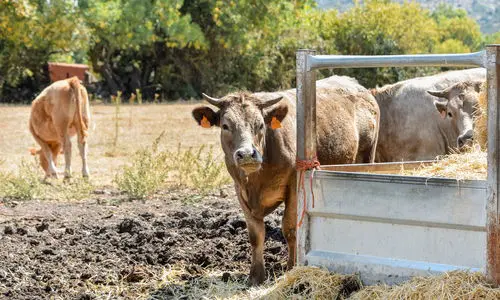
Camping
If you are purchasing a homestead that is nothing but raw land and plan to build a home, you can use a camp trailer as a tiny house while you build the permanent house. This will save you a lot of money instead of renting something until you complete construction.
Legality
Many jurisdictions have a ban on unpermitted camping for longer than 2 weeks. Yes, this even includes your land!
What To Do
Apply for a permit of temporary housing or long term camping on your plot of land. Each jurisdiction will have a different process, but it’s important to get this done before getting fined.
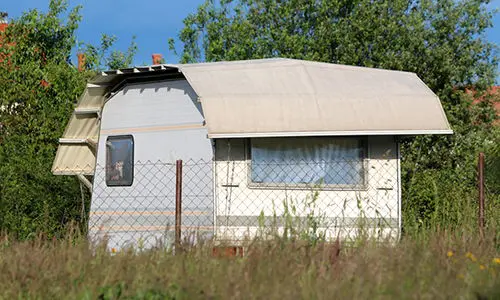
Building A Small Extra Structure
Small structures can support livestock, garden supplies, be a greenhouse, a small shed, and much more on a homestead. The backyard is a good place to put something that you’d access regularly. However, even a small project like this one can get you in trouble.
Legality
Almost all types of structures require a permit of some type. Certain places have Ag-Exempt permits that aren’t as strict and other codes, but they still require a permit.
If you don’t get a permit, you may get away with it for a while. But, once the district catches on, you are subject to fines and paying property taxes that weren’t applied to the unpermitted building. This could result in liens placed on your homestead!
What To Do
Don’t build until you speak with your local officials about what permit(s) you need. It’s not worth paying a lump sum at a later date, and better to wait a bit now.
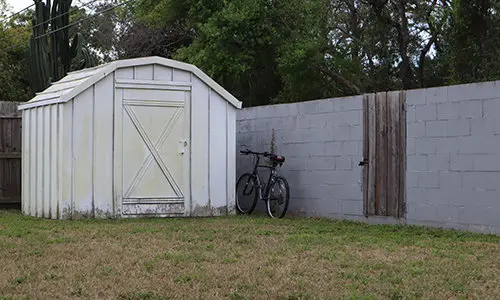
Selling Surplus Produce
Growing enough produce for your household and growing enough to feed two households is almost the same amount of work. That is if you have the right systems in place. Automatic watering systems and low maintenance no-till gardens make growing excess produce doable for the majority of homesteaders. Selling your extras creates extra cash flow and more self-sufficiency.
Legality
Most places don’t allow sales from a backyard garden without a permit and/or inspection first. Even going down to the local farmers market usually requires a business license for your produce.
What To Do
If you are serious about selling your harvests, and not just selling to your friends, get a license to do so and follow any regulations that your locality calls for.
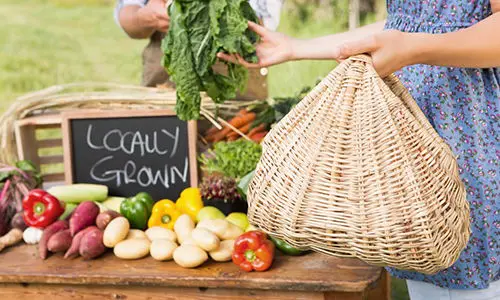
Humanure
While it may seem foreign to the majority of people in the modern world, turning your waste into usable compost that can help your garden flourish is a fantastic idea.
Just like composting animal manure (chicken, horse, cow), “Humanure” contains vital nutrients that feed plant life. Septic sewage is even treated, composted, and sold back to us as potting soil, which most consumers don’t know.
Legality
You can’t just go and dump raw sewage on the ground and wait for it to compost. It can leach into water supplies either. It needs to compost properly and aged to the point of being unrecognizable.
You also won’t be using this rich compost in your market garden and sell the produce. Food production plots require industrially treated humanure compost.
What To Do
Compost it properly in a secured location. Don’t let it leach out anywhere and make sure you do it right so it doesn’t smell. Humanure is an awesome project on the homestead, but it offends many people.
If you plan on using your compost in the garden or around fruit trees, don’t sell those crops to customers.
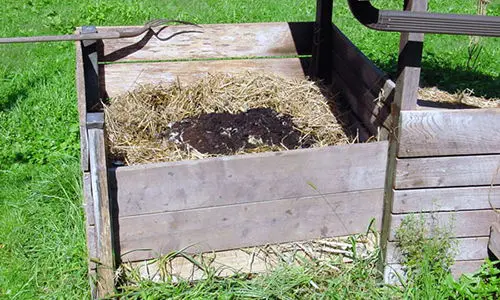
Collecting Greywater And Rainwater
Collecting and reusing greywater and rainwater is a great way to preserve water and get multiple uses from one precious resource.
As long as you aren’t using harmful ingredients in your greywater, it is useful for watering lawns, trees, and even the garden. Rainwater can be for your livestock and everything else that requires freshwater.
Related: 7 Mistakes To Avoid When Harvesting Rain Water
Legality
Greywater isn’t legal to use everywhere. Some places allow intricate systems while some may allow free-flowing greywater as long as it doesn’t leach into water supplies. Some places don’t allow outside use at all but may allow it to fill toilets which converts it to blackwater.
Rainwater harvesting isn’t illegal in most places, but some districts have a limit of how much you can harvest and what it’s used for.
What To Do
Contact your local agencies responsible for water codes. Specifically rainwater collection and greywater usage. Some places may require a professional to install systems and they may require inspections as well.
If you decide to use greywater only use products designed for that specific use. Not everything that goes down the drain is suitable for reuse so your shopping habits may change as well. Natural and homemade soaps typically do great in greywater systems.
Being smart with water usage on the homestead is a great idea. If you are on a well, getting more use from the water already pumped will save you money on the power bill. Or, if your system is off-grid, it can save you space by needing less solar panels since you’ll use your pump less often.
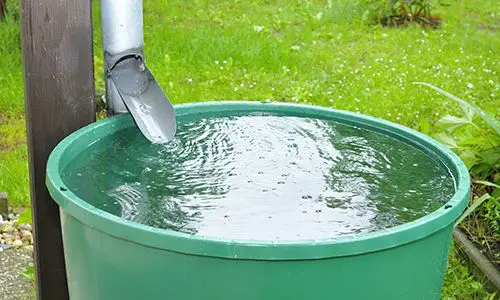
Stay Safe On The Homestead!
Your homestead may feel like paradise but it’s not exempt from the law for the most part. Unless you want a fine or a police officer showing up to arrest for your unlawful backyard projects, it’s best to know your local codes and regulations before starting any.
Being self-reliant is great but sometimes the law doesn’t agree.
You may also like:
 When Did Independence Become Illegal?
When Did Independence Become Illegal?
This Homemade Device Can Power Up Your Entire House 7 Days in a Row (Video)
Best Fuels For Off-Grid Survival

